- Home
- Health Condition
Medicine For Fissure
Medicine For Fissure
- Total Items (15)
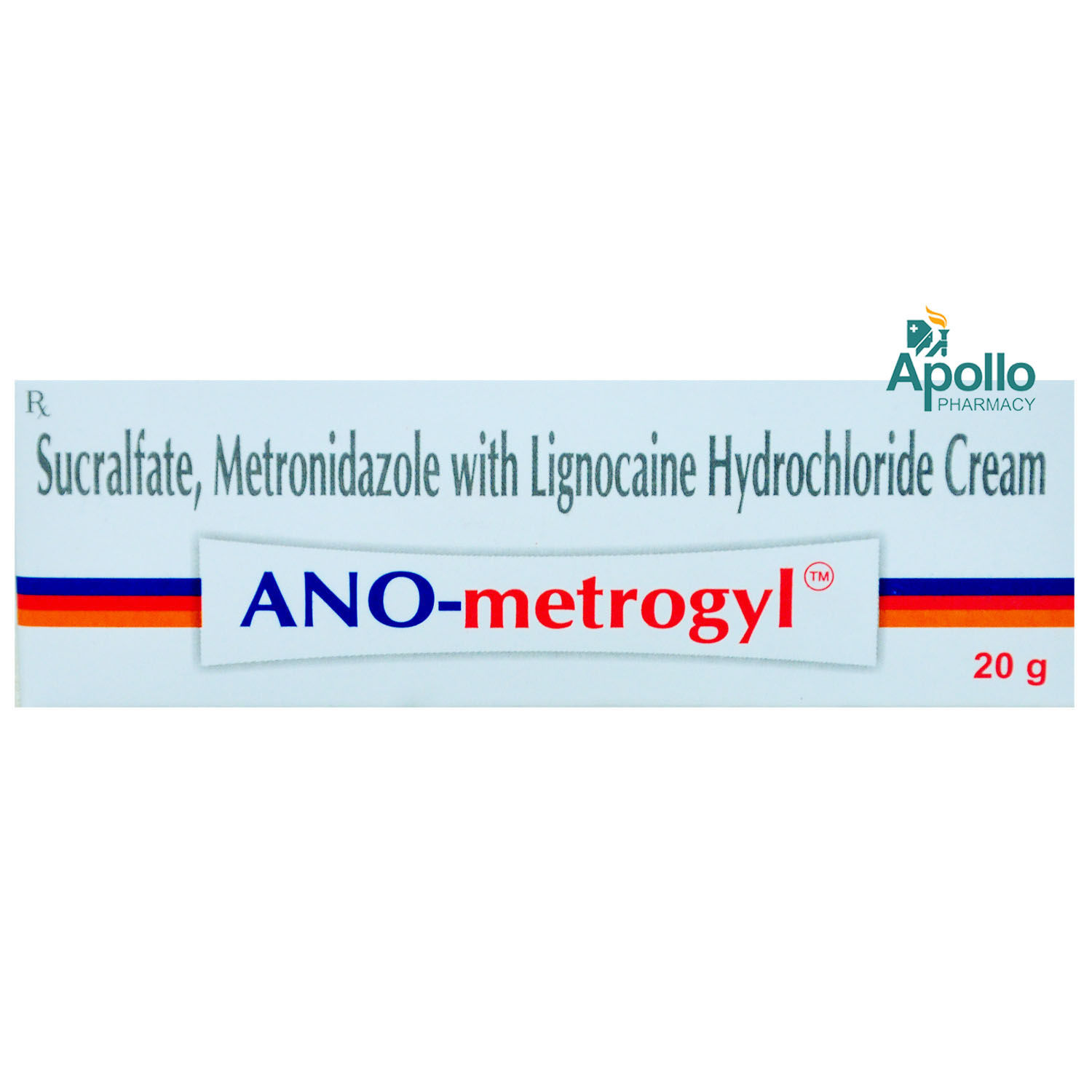 RX
RXAno Metrogyl Cream 20 gm
₹131.90
MRP ₹146.50
10% off

P-Cool Cream 20 gm
₹134.10
MRP ₹149
10% off
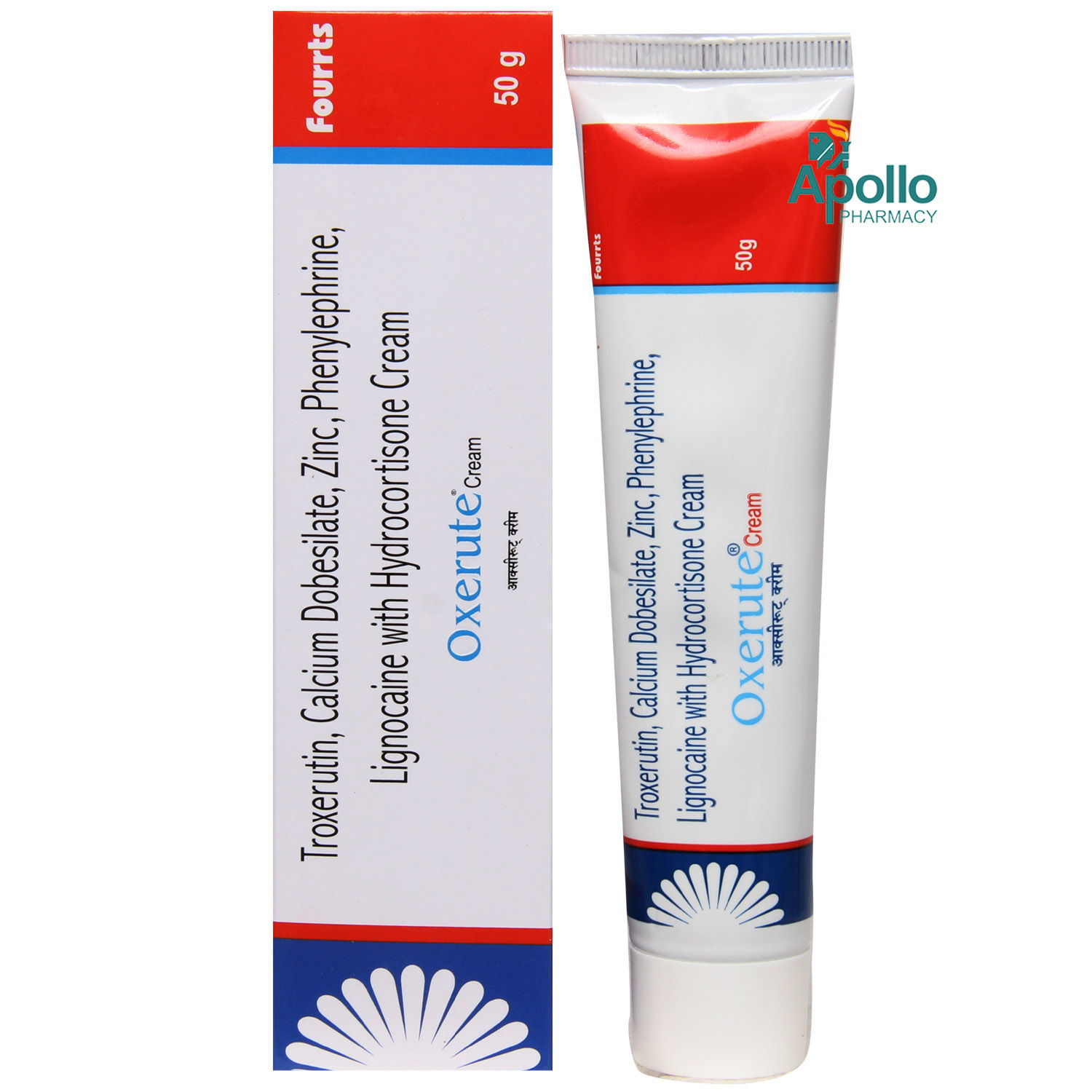 RX
RXOxerute Cream 50 gm
₹270
MRP ₹300
10% off
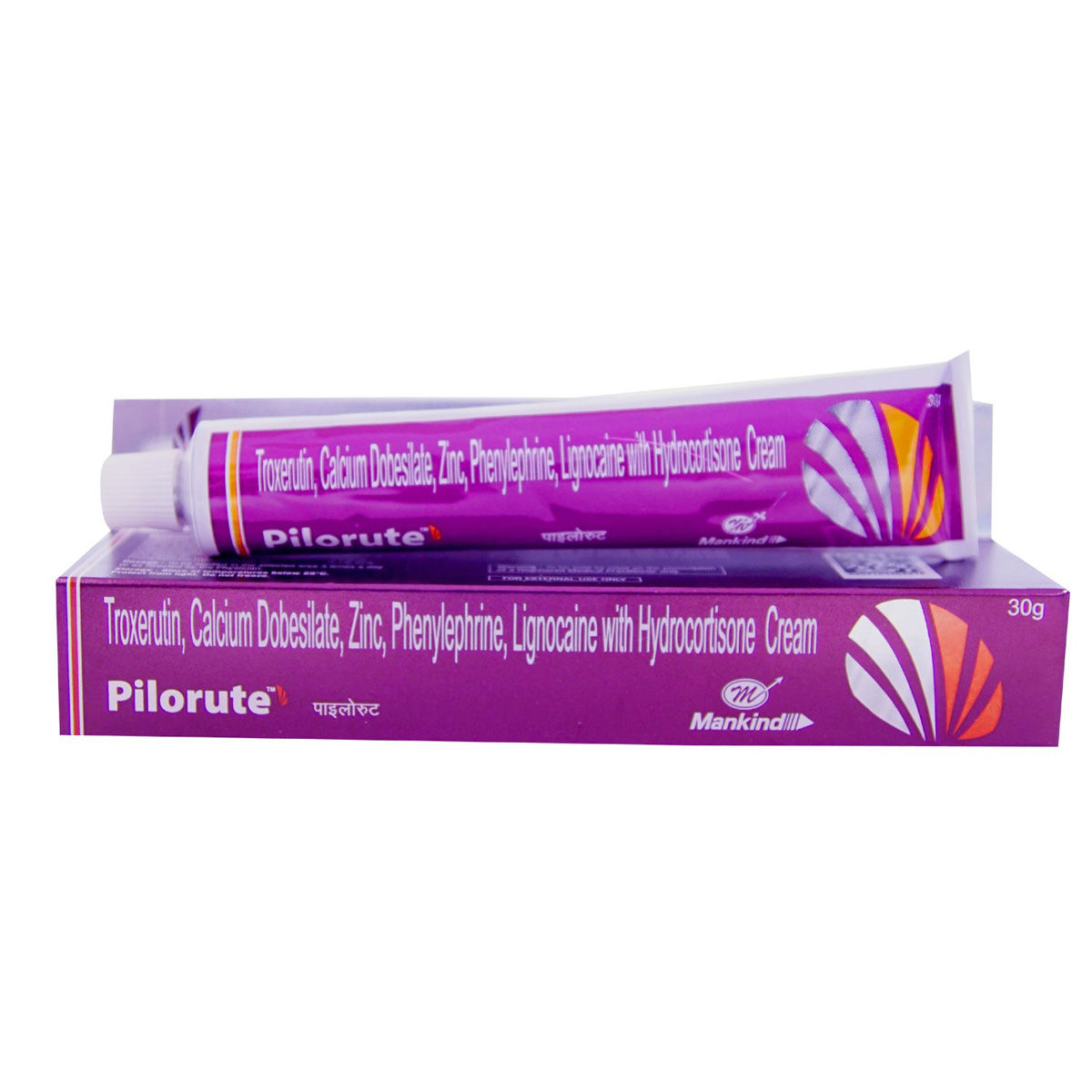 RX
RXPilorute Cream 30 gm
₹157.10
MRP ₹174.50
10% off

Spear Ointment 30 gm
₹261.90
MRP ₹291
10% off
 RX
RXOsil Cream 30 gm
₹131.40
MRP ₹146
10% off
 RX
RXHemolit Cream 30 gm
₹149.40
MRP ₹166
10% off
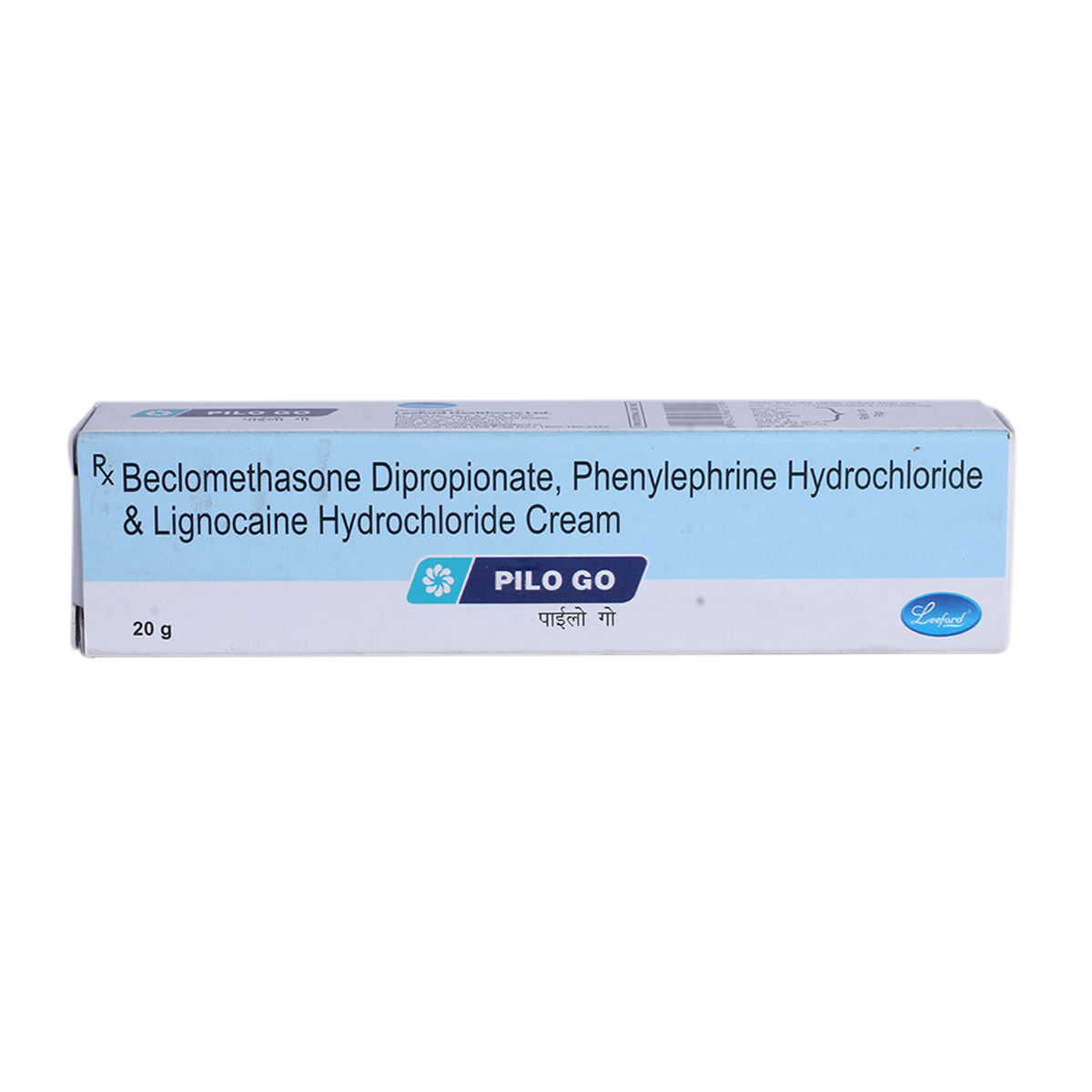 RX
RXPilo Go Cream 20 gm
₹59.40
MRP ₹99
40% off
 RX
RXHadensa Ointment 20 gm
₹92.40
MRP ₹105
12% off
 RX
RXAnaproct Ointment 15 gm
₹111.20
MRP ₹123.50
10% off
 RX
RXCorect Suppositories 5's
₹144
MRP ₹160
10% off
 RX
RXCaldob Cream 30 gm
₹103.10
MRP ₹114.50
10% off
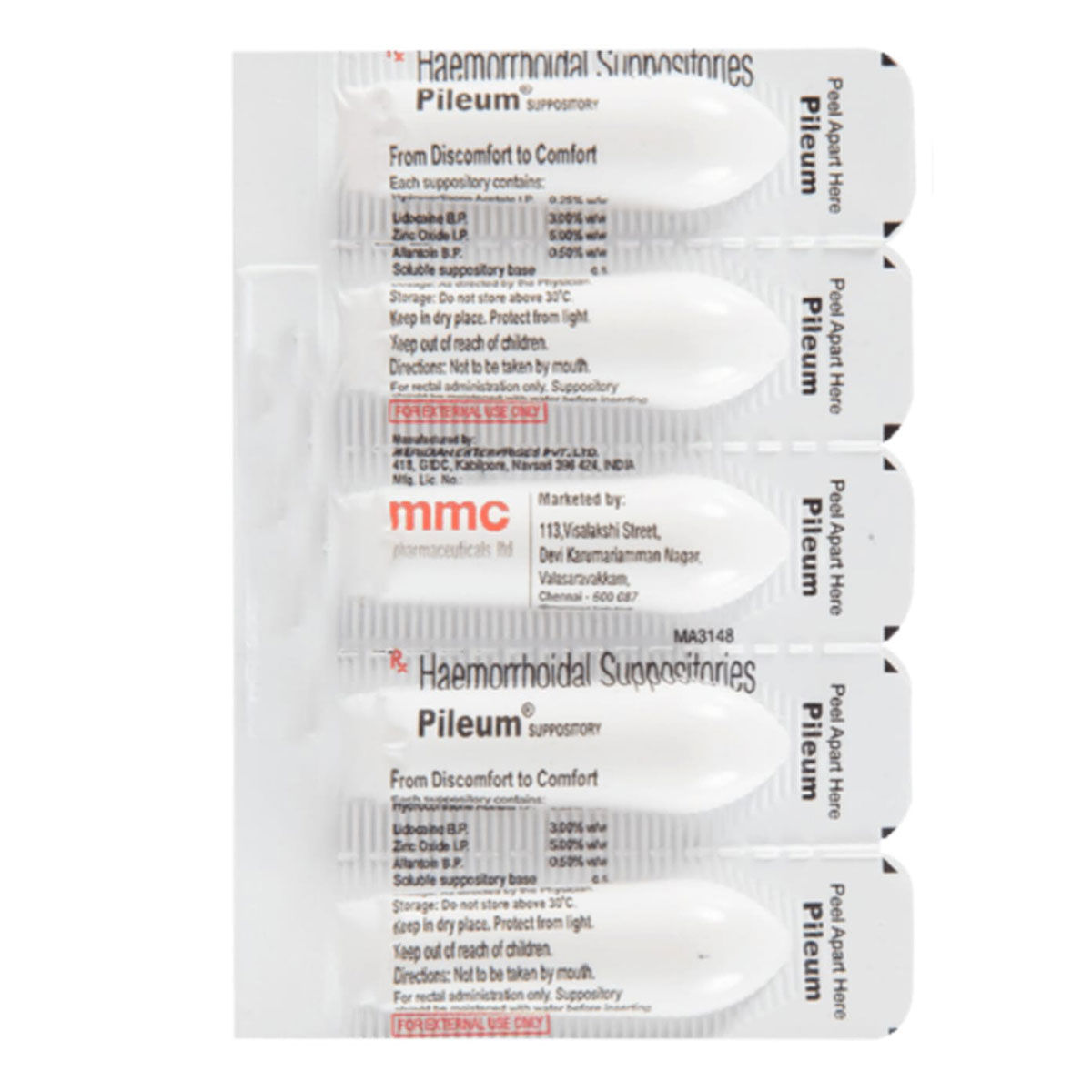 RX
RXPileum Suppository 5's
₹17.10
MRP ₹19
10% off
 RX
RXOxerute Cream 10 gm
₹116.10
MRP ₹129
10% off
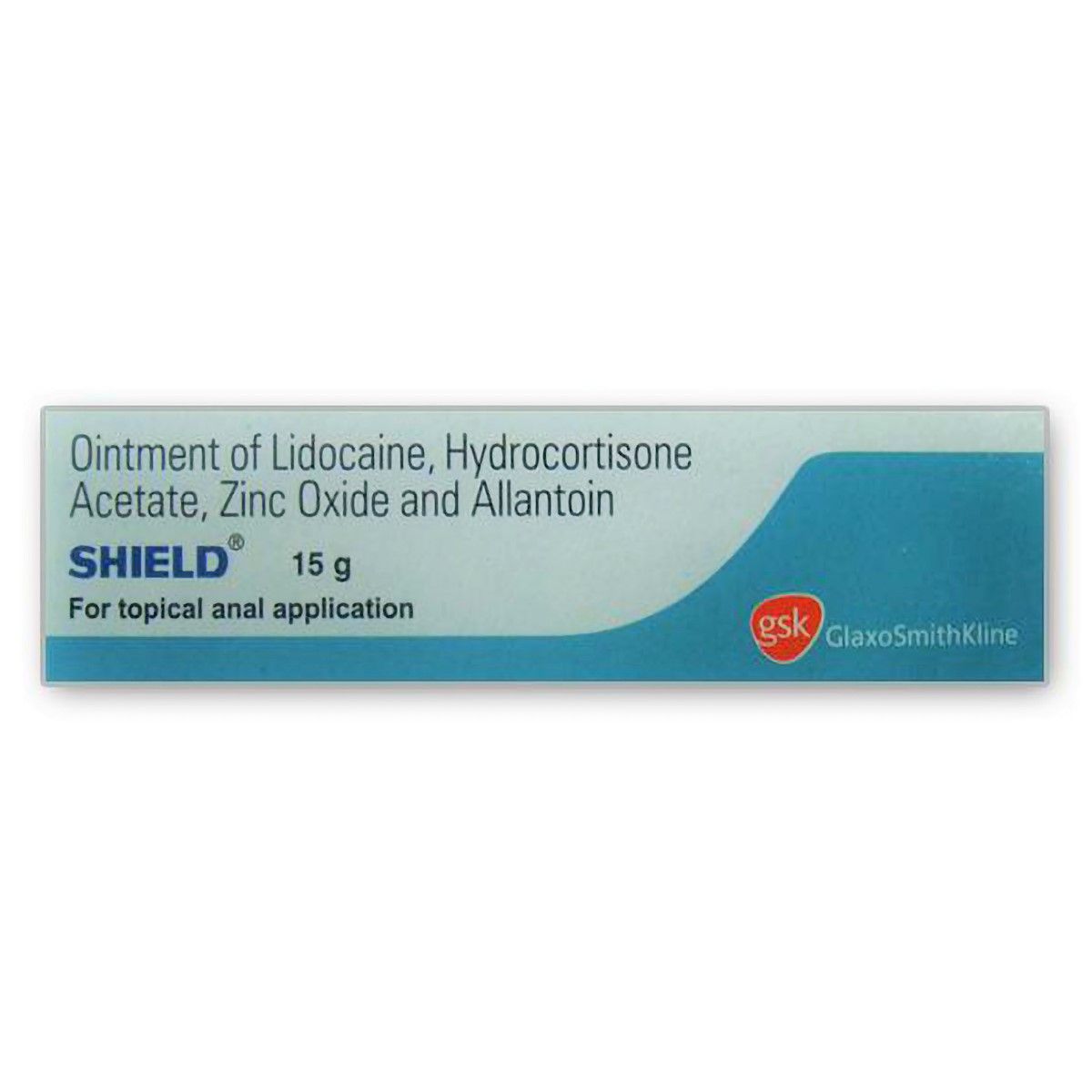
Shield Ointment 15 gm
₹78.84
MRP ₹87.60
10% off
Medicine for Fissure
A fissure is a small tear or crack in the skin around the anus that can cause pain, discomfort, and sometimes bleeding during or after bowel movements. Anal fissures are common and can result from constipation, childbirth, or anal trauma. Treatment often involves medications that help manage symptoms, promote healing, and prevent further irritation. In some cases, lifestyle changes such as increasing fibre intake and using stool softeners may help prevent a recurrence.
Types of Medicine for Fissure
Several medications can help treat anal fissures, depending on the severity and cause of the condition. Below are the most commonly used types of medicine for fissure:
1.Topical Anesthetics
Topical anaesthetics provide pain relief by numbing the affected area. These are often used to reduce discomfort during bowel movements.
Common Medicines:
- Lidocaine: A local anaesthetic used to numb the area and provide temporary relief from pain and itching.
- Pramoxine: Another local anaesthetic used to numb the area and reduce pain and discomfort.
2.Stool Softeners
Stool softeners help make bowel movements more comfortable by preventing constipation, which can worsen the fissure. These medicines soften stools, making them easier to pass without straining.
Common Medicines:
- Docusate Sodium: A commonly used stool softener that makes bowel movements easier.
- Polyethylene Glycol: An over-the-counter laxative that helps soften stools and relieve constipation.
3.Nitroglycerin Ointment
Nitroglycerin ointment is applied topically and helps relax the muscles around the anus, improving blood flow to the affected area. This can promote healing of the fissure and reduce pain.
4.Calcium Channel Blockers
Topical calcium channel blockers can help by relaxing the muscles in the anal sphincter, which reduces spasms and improves blood flow to the area, aiding in the healing of the fissure.
Common Medicines:
- Nifedipine Cream: A topical treatment used to relax the anal sphincter muscles and improve blood circulation.
5.Antibiotics (for Infected Fissures)
If the fissure becomes infected, an antibiotic ointment may be prescribed to treat the infection and prevent further complications.
Common Medicines:
- Mupirocin Ointment: An antibiotic cream often prescribed to prevent or treat infections in the affected area.
6.Fibre Supplements
Fibre supplements are taken orally to increase dietary fibre intake, promoting regular bowel movements and preventing constipation. This reduces the strain during bowel movements and helps with the healing of the fissure.
Common Medicines:
- Psyllium: A fibre supplement used to increase fibre intake, helping to prevent constipation and ease bowel movements.
Benefits of Using Medicine for Fissure
Fissure medications provide several benefits that can help manage symptoms, promote healing, and improve overall comfort for individuals with anal fissures. Some of the key benefits include:
1.Pain Relief
Topical analgesics, like lidocaine and hydrocortisone, offer immediate pain relief by numbing the area, making bowel movements less painful and improving daily comfort.
2.Faster Healing
Medicines like nitroglycerin ointment and calcium channel blockers improve blood flow to the affected area, encouraging faster healing of the fissure and reducing the risk of recurrence.
3.Prevention of Constipation
Stool softeners help to prevent constipation, which is one of the leading causes of anal fissures. Softer stools reduce strain during bowel movements, allowing the fissure to heal more easily.
4.Reduction of Inflammation
Corticosteroid creams such as hydrocortisone reduce inflammation around the fissure, which can help reduce pain and promote healing.
5.Infection Prevention
For infected fissures, antibiotic ointments like mupirocin can prevent further infection and ensure the fissure heals without complications.
Dosage & Usage Instructions of Medicine for Fissure
Correct usage of fissure medicines is key to effective treatment and minimising side effects. Here are general guidelines for the most common fissure medications:
1. Pain Relief Creams/Ointments
Lidocaine Cream/Ointment: Typically applied 2-3 times daily or after each bowel movement.
Hydrocortisone Cream: Used once or twice daily to reduce inflammation and discomfort.
How to Apply:
- Apply after bowel movements and before bedtime for maximum relief.
- Ensure the area is clean and dry before application.
- Spread a thin layer directly onto the fissure.
- Avoid over-application to prevent skin irritation.
- Stop use and consult a doctor if you experience any irritation or allergic reactions.
2. Stool Softeners
- Docusate Sodium: Commonly taken once or twice a day.
- Polyethylene Glycol (PEG): Typically used once a day, mixed with water.
How to Use:
- Take with plenty of water, preferably with meals, to avoid stomach discomfort.
- Drink sufficient water throughout the day to help the stool softener work effectively.
- Follow the recommended dosage to avoid diarrhoea and dehydration.
- Combine with a fibre-rich diet for optimal results.
3. Nitroglycerin Ointment
- Usage: Apply a small amount to the affected area 2-3 times daily as directed by your healthcare provider.
- How to Apply:
- Apply after bowel movements and at bedtime for best healing.
- Be cautious: nitroglycerin can cause headaches. If headaches persist, consult a doctor.
- Use sparingly; a small amount is enough.
- Avoid using nitroglycerin ointment if you are taking medications for low blood pressure or nitrates (e.g., nitroglycerin tablets or patches) unless specifically advised by your doctor.
4. Calcium Channel Blockers (Nifedipine Cream)
- Usage: Apply a pea-sized amount to the affected area a few times daily.
How to Apply:
- Apply after bowel movements and before bed for continuous relief.
- These creams relax the anal sphincter muscles, reducing spasms and promoting healing.
- Stop use and consult a doctor if you experience significant skin irritation.
5. Antibiotics (for Infected Fissures)
Mupirocin Ointment: Typically applied once or twice daily as prescribed.
How to Use:
- Clean the area before applying to ensure effectiveness.
- Complete the full course of antibiotics even if symptoms improve.
- Apply a thin layer to the affected area.
- Use antibiotics only if prescribed to prevent resistance.
6. Fibre Supplements
- Psyllium: Commonly taken once or twice a day, mixed with water.
How to Use:
- It is essential to drink plenty of water throughout the day when taking fibre supplements. Adequate hydration helps the fibre work effectively and prevents potential issues such as choking or bowel obstruction.
- It is essential to follow the instructions provided by your healthcare professional to ensure safe and effective use of these medications.
Where to Buy Medicine for Fissure Online?
You can easily order medicine for fissure from Apollo 24|7 through their website or mobile app. Apollo 24|7 offers a wide variety of treatments, including pain relief creams, stool softeners, nitroglycerin ointments, and more, all available for home delivery. Shopping online gives you access to trusted brands and the convenience of having your medications delivered straight to your door. Simply browse through the selection, place your order, and track your medicines with ease for a hassle-free experience.
Frequently asked questions
Anal fissures are commonly caused by constipation, prolonged diarrhoea, childbirth, or trauma to the anal area. Straining during bowel movements is a frequent cause.
With proper treatment, most anal fissures heal within a few weeks. Chronic or severe cases may take longer and may require more intensive treatment.
Maintaining regular bowel movements, avoiding constipation, and using stool softeners can help prevent anal fissures.
Consult with your healthcare provider before using any medication during pregnancy, as some treatments may not be safe for pregnant women.
If the fissure doesn’t heal within a few weeks, or if you experience severe pain, bleeding, or signs of infection, it's important to seek medical attention.
